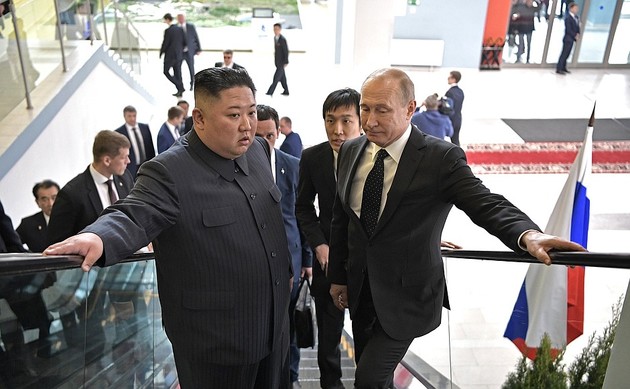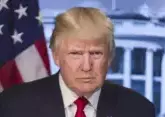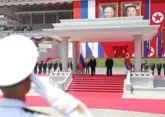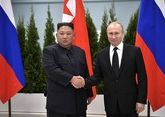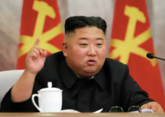A little less than a year ago, in April 2019, Russian President Vladimir Putin held talks with the Chairman of the DPRK State Affairs Commission, Kim Jong Un, who arrived in Vladivostok at the invitation of the Russian President. This was the first meeting between Vladimir Putin and Kim Jong-un and his first foreign visit after being re-elected as the head of the State Affairs Commission.
This first “Putin-Kim Summit” was seized upon by both sides as an opportune moment to assert their influence and connections during tense nuclear talks, The Diplomat writes in the article Did Kim’s Vladivostok Visit Reshape Russia-North Korea Relations? Despite this show of strength, however, did this landmark meeting lead to any real developments in the year since? This seems all the more relevant as de-escalation on the peninsula stalls, as the Kremlin could potentially act as a renewed lifeline to Pyongyang during the current diplomatic impasse.
Of course, the potential for bilateral rapprochement appears more likely given both states’ compatibility on paper. Faced with the long-term effects of its own U.S.-led sanctions, Moscow appears an enticing prospect for a Kim regime eager for political and economic support. At the same time, North Korea’s continued posturing opens opportunities for a resurgent Russia to flex its muscles in yet another geopolitical flashpoint. These prospective benefits would build on strong historical ties, with both leaders last year expressing desires to strengthen a “fraternity” forged during the Cold War.
While such rhetoric may grab international headlines, reality has often proved unkind to these official ambitions. A quiet solidarity, therefore, continues to dominate Russia’s relations with the North, as everyday relations have remained mired in obscurity. These difficulties are exemplified by the Putin administration’s limited enthusiasm for post-summit market cooperation, which appears more focused on indulging Kim’s equestrian pursuits than encouraging any real development. In the absence of any concrete plan, the continued dominance of symbolic pleasantries saw Russia’s official exports to Pyongyang only rise by a modest $10 million in 2019.
Russian Ambassador Alexander Matsegora noted in December the continued unwillingness of businesses to run the risk of sanctions by openly working with North Korea. As such, what little trade persists between the two states remains motivated by sheer realpolitik, with Russia’s continued oil exports playing a small role in maintaining a generally “friendly” regime. February shipments of 1,500 coronavirus diagnosis kits to the North, as well as alleged plans to allow guest workers to return soon in spite of COVID-19, further display this bare-bones approach. This exposes the inescapable presence of geopolitics in Kremlin thinking regarding the peninsula at large.
Diplomacy, as a result, will remain the key area of bilateral development for the foreseeable future. Such a strategy was summed up by last April’s meeting, which appeared to place great emphasis on the symbolism of the states’ traditional friendship and “understandings.”
A visit by the North’s Vice Foreign Minister Choe Son Hui to Moscow in November also embodied desires to maintain a line of communication regarding topics of mutual concern. This quiet consensus, however, has also recently produced tangible results, like a joint Sino-Russian proposal for mild sanctions relief at the United Nations in December. Such united demands were once again made in March, citing coronavirus concerns.
The China factor, then, remains an essential reference point for Moscow, as it attempts to provide limited protections for Pyongyang against a mutually menacing Trump administration. Due to this, Russia’s continued relations with North Korea look set to walk a fine line between de jure adherence to international agreements on the one hand and a realist need to provide a level of diplomatic cover to the isolated regime on the other.
This approach, of course, suggests that little material change has occurred between Pyongyang and Moscow over the past year, with Vladivostok merely reaffirming long-held governmental accords. Nevertheless, as uncertainty reigns over the future of denuclearization on the Korean peninsula, the Kremlin’s eyes are now trained on the region more than ever. In ordinary times, immediate attention would have soon turned to whether or not Kim attends Russia’s celebrations of the 75th anniversary of the end of World War II, a subject of much speculation in the lead-up to the 70th anniversary in 2015. But given coronavirus’ crippling effect on the movement of state officials around the globe, a check-up on relations may have to wait.
